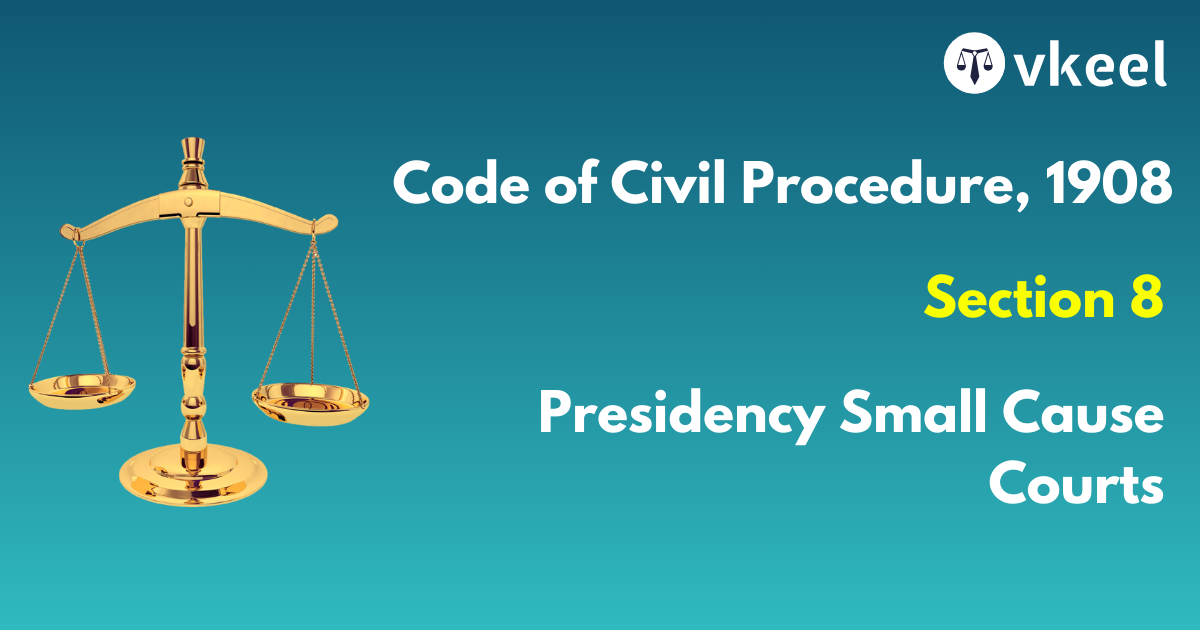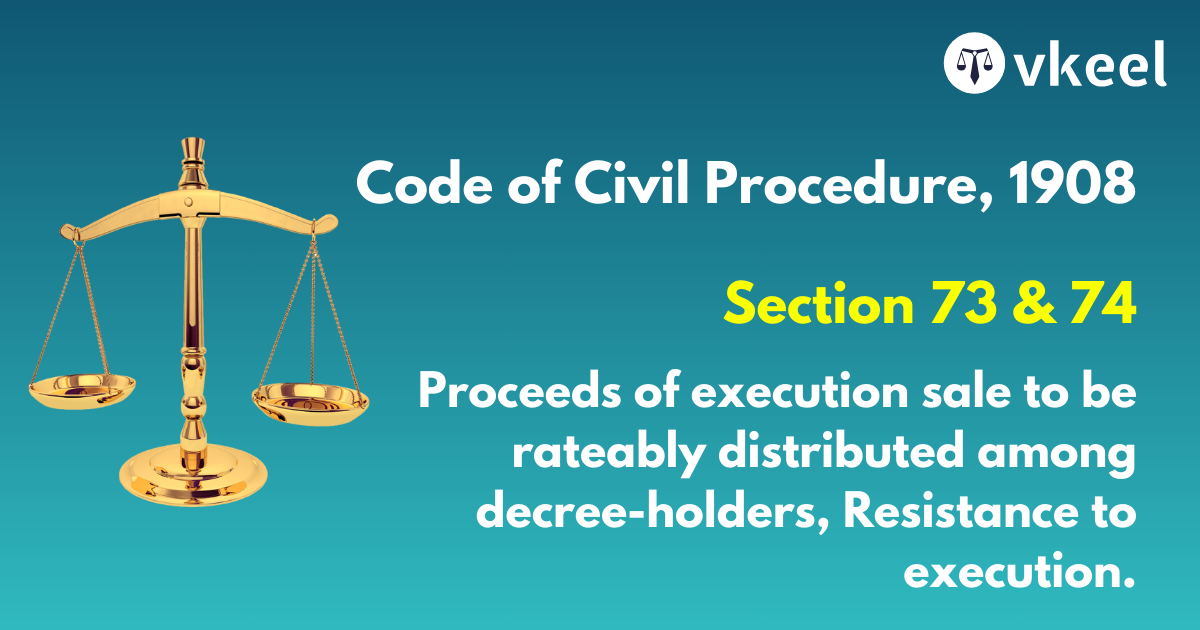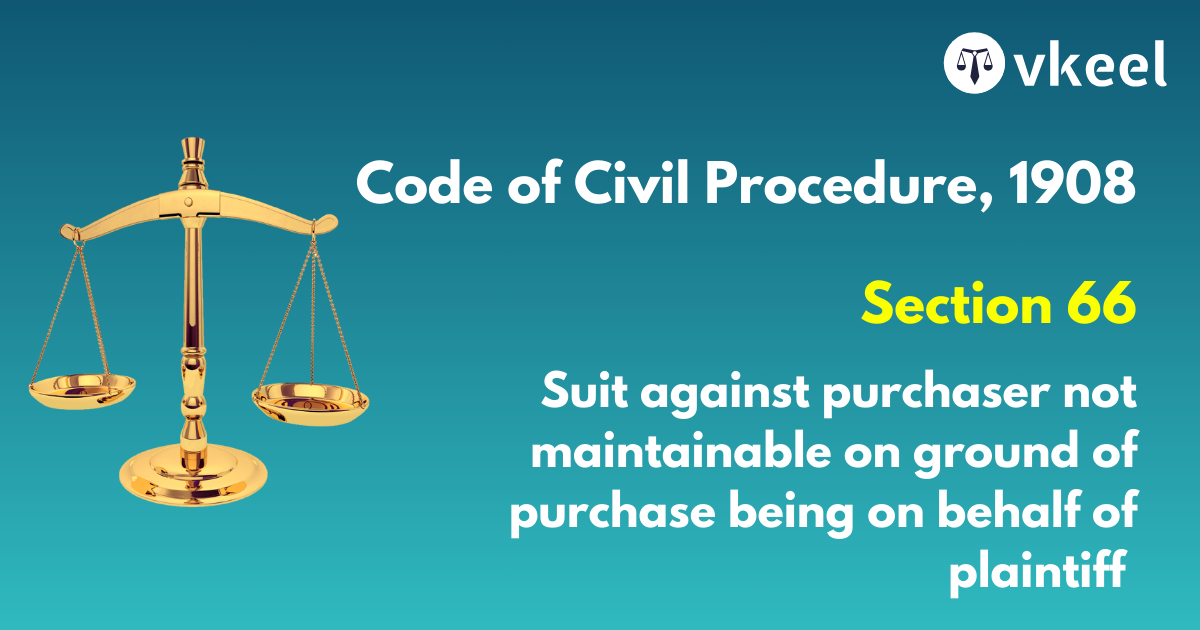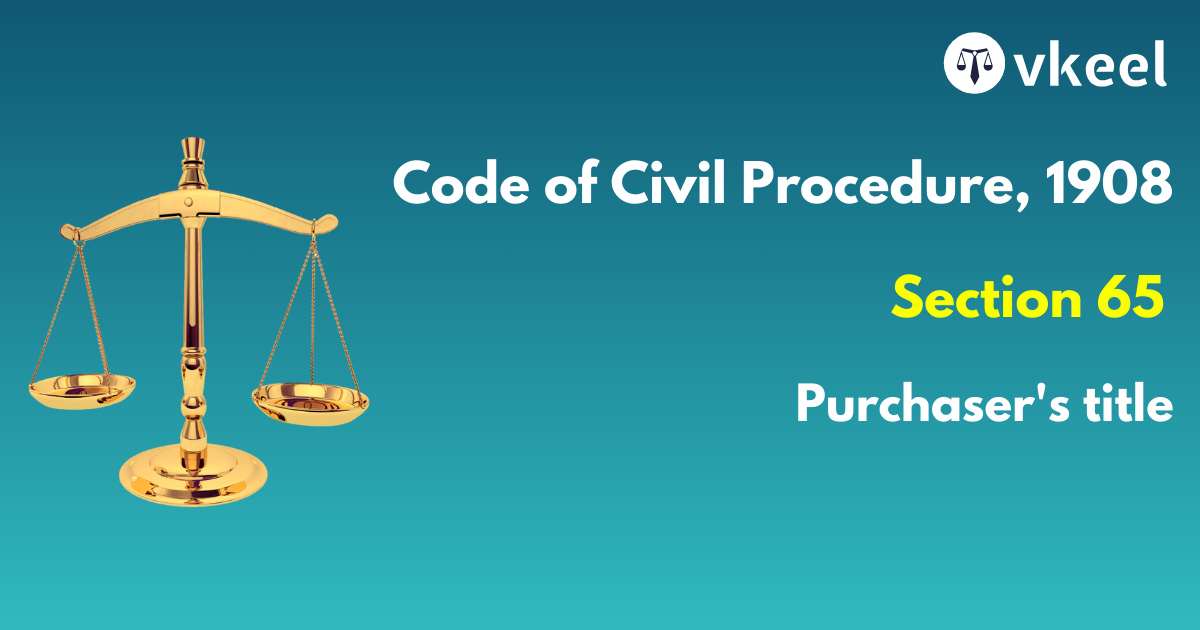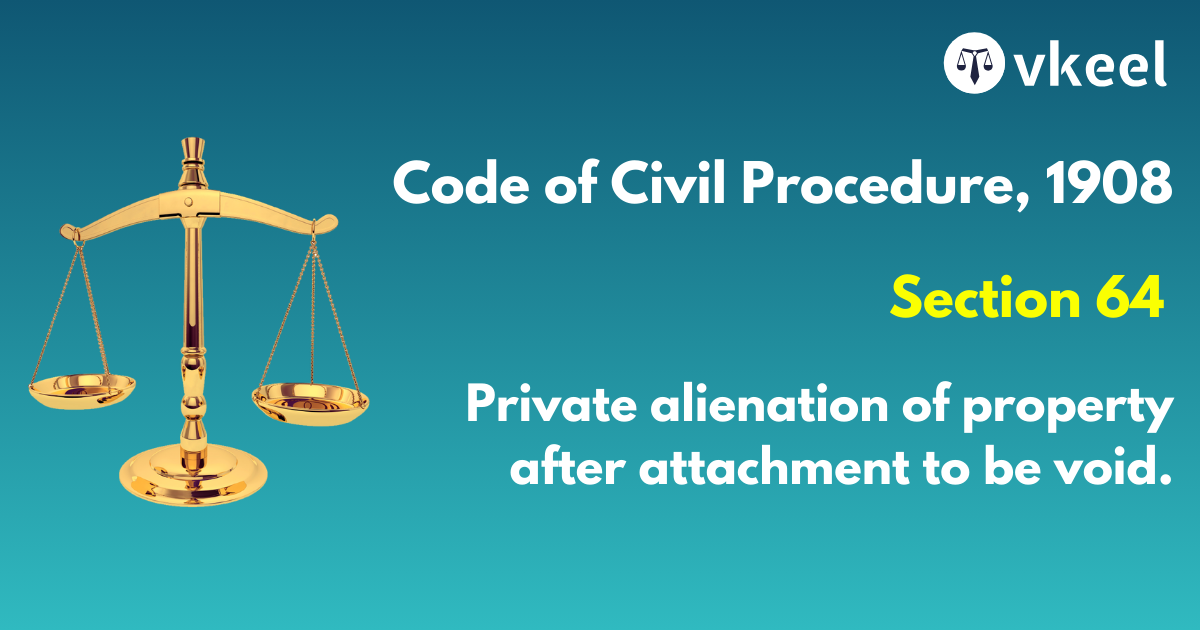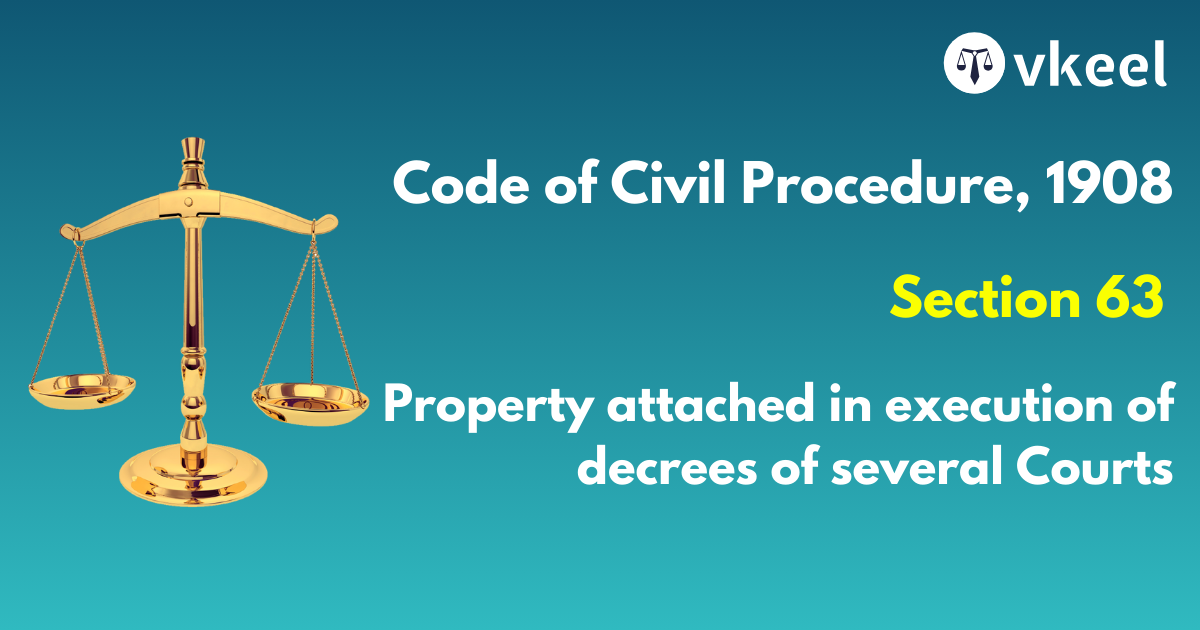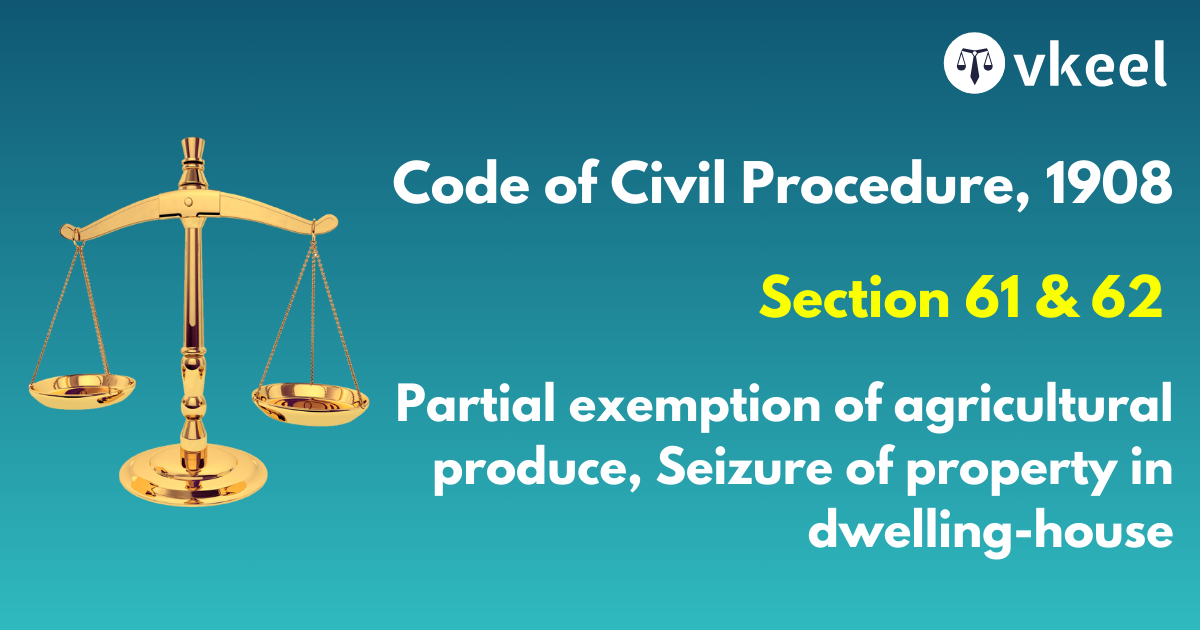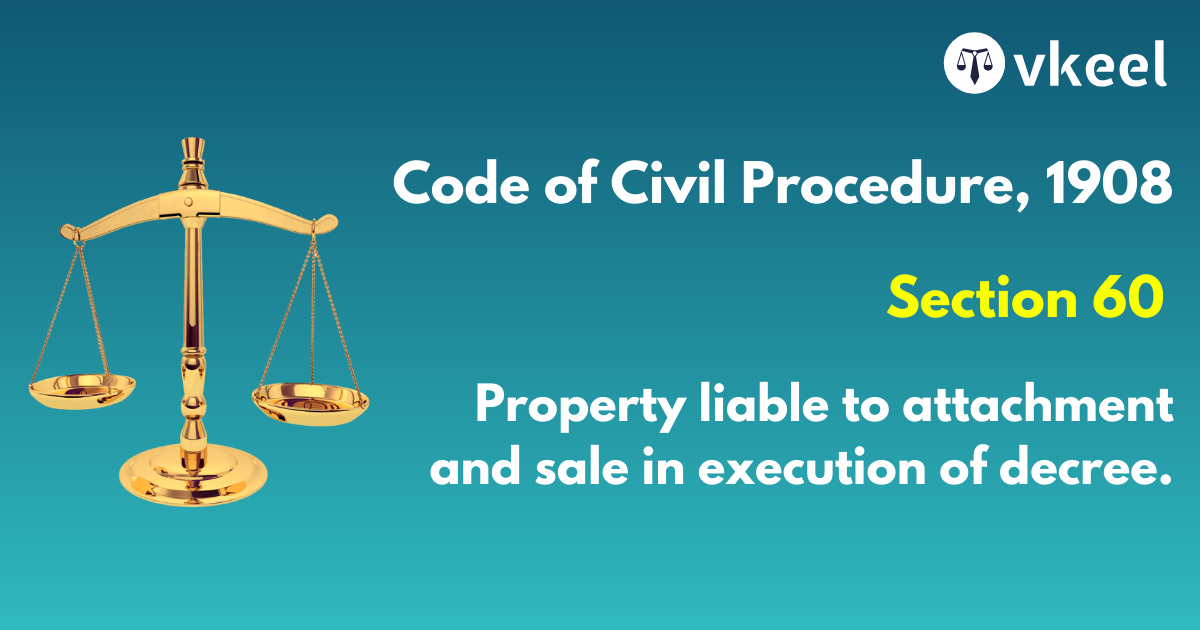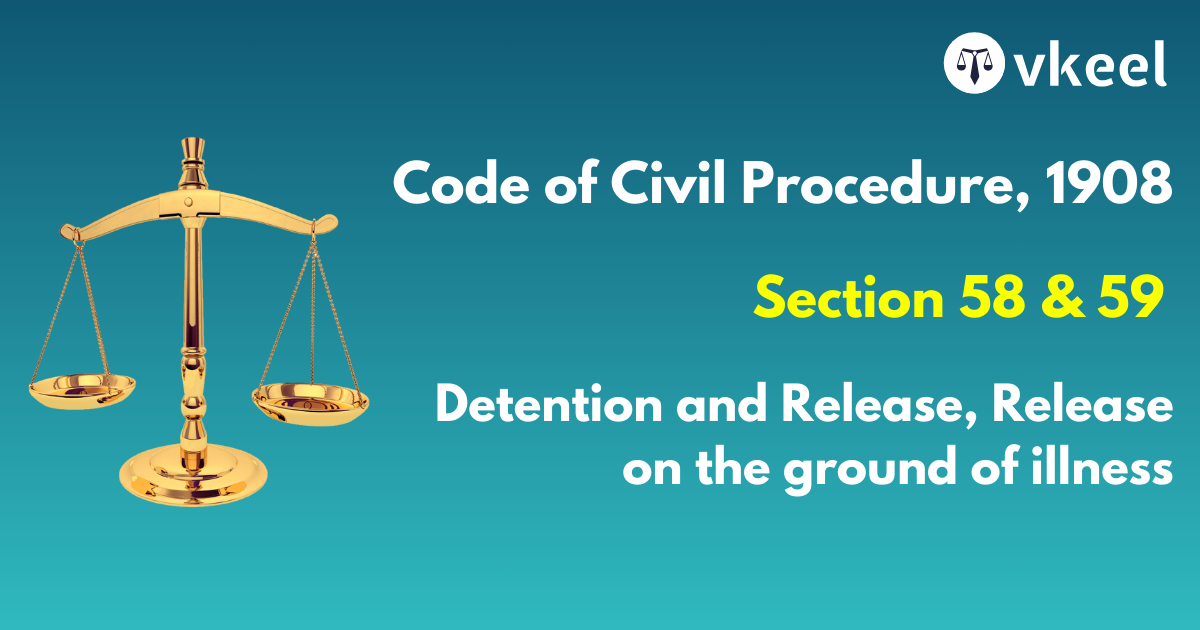Section 8 Code of Civil Procedure,1908 – Presidency Small Cause Courts
By Joy Puri
Table of Contents
Introduction
Section 8 of the Code of Civil Procedure, 1908 applicability deals with the conditions where civil courts are unable to handle certain cases because those cases are meant to be handled by special courts or tribunals of the country.
The utmost important purpose behind Section 8 is to make sure that cases are heard by the right authority, which can resolve them more effectively and efficiently for the betterment of the society. This provision thereafter helps to avoid confusion, prevent conflicting judgments, and speed up the legal process.
Albeit, the civil courts can sometimes step in, if a tribunal goes beyond its authority provided by the law, violates principles of natural justice, or makes a clear legal flaws in its judgement.
Section 8 of Code of Civil Procedure,1908
8. Presidency Small Cause Courts.—Save as provided in sections 24, 38 to 41, 75, clauses (a), (b) and (c), 76, 1 [77, 157 and 158], and by the Presidency Small Cause Courts Act, 1882 (15 of 1882), the provisions in the body of this Code shall not extend to any suit or proceeding in any Court of Small Causes established in the towns of Calcutta, Madras and Bombay: 2
[Provided that—
(1) the High Courts of Judicature at Fort William, Madras and Bombay, as the case may be, may from time to time, by notification in the Official Gazette, direct3 that any such provisions not inconsistent with the express provisions of the Presidency Small Cause Courts Act, 1882 (15 of 1882), and with such modifications and adaptations as may be specified in the notification, shall extend to suits or proceedings or any class of suits or proceedings in such Court;
(2) all rules heretofore made by any of the said High Courts under section 9 of the Presidency Small Cause Courts Act, 1882 (15 of 1882) shall be deemed to have been validly made.
Amendments and Case Laws
The amendment in this section was made by the state amendment of Gujarat. In section 8 first para after words “Calcutta, Madras and Bombay” insert “and in the city of Ahemdabad” (Amendment Act 19 of 1961 as amended by Gujarat Act of 1961)
Furthermore the provisos of (1) and (2) were added by the section 2 of the Civil Procedure Code(Am) Act 1 of 1914.
“Shall not extend to any suit” means shall not also extend to any decree passed in such suit was stated in the landmark case of Ranganadhan v Pooncharamma, A 1942 P 128
Rules by High Court under section 8 were layed down in the case of Girijanandhan v Balaram, 56 Cal WN 299
In the landmark case of Faguram v Pannalal, A 1962 P 272 it was highlighted that Decree of Presidency Small cause Court can be transferred directly for execution by another Civil Court.
Subramaniam Vs Srinivasa, 1951
A presidency small cause court has no jurisdiction to execute any decree of foreign court.
Gopalswami Vs Abhisheka
Period of 12 months years in section 48 has no application to the decree passes by the presidency small cause court.
Conclusion
Section 8 therefore keeps a check that the legal system functions smoothly by directing cases to the right places.
It helps keep civil courts from becoming overwhelmed and allows specialized tribunals to use their expertise.
This provision is important for managing the hectic burden of the legal system and making sure that cases are handled efficiently and effectively in the nation.
Disclaimer:
The information provided in the article is for general informational purposes only, and is not intended to constitute legal advice or to be relied upon as a substitute for legal advice. Furthermore, any information contained in the article is not guaranteed to be current, complete or accurate. If you require legal advice or representation, you should contact an attorney or law firm directly. We are not responsible for any damages resulting from any reliance on the content of this website.

